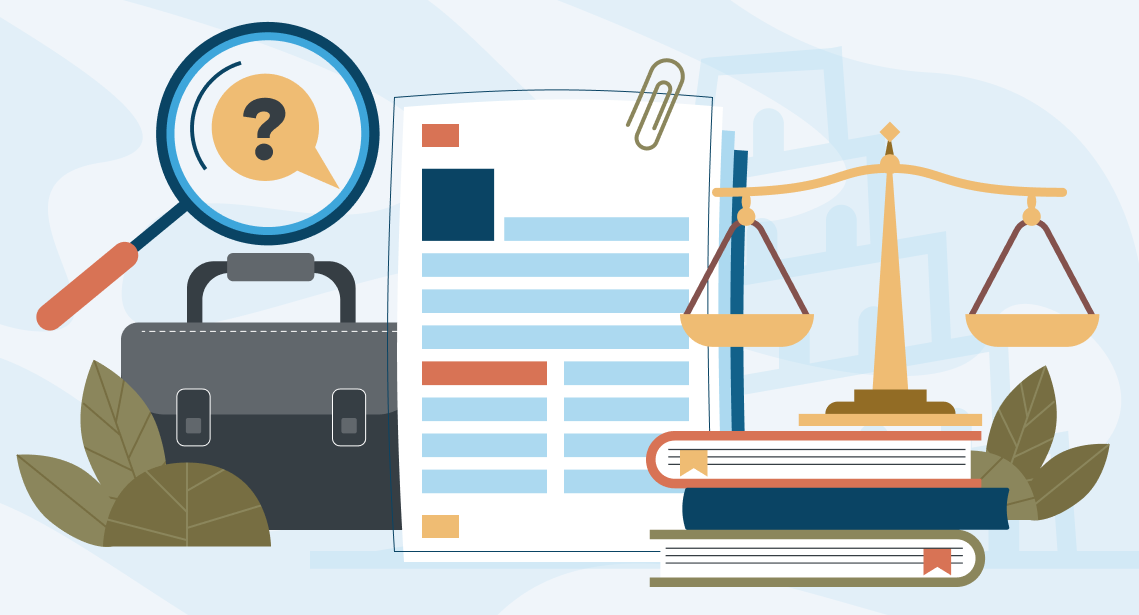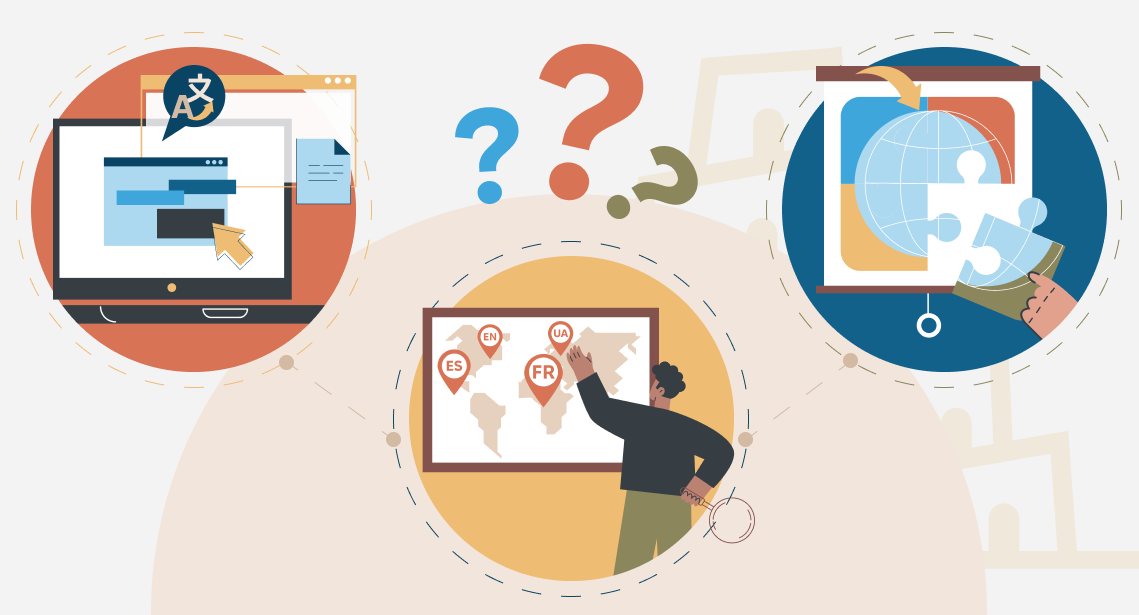How Will the Language Law Affect Ukrainian Localization?

In April 2019, the so-called “Language Law” was adopted in Ukraine, and in July it entered into force. The exact name of the law is “On provision of the functioning of the Ukrainian language as the State language”. The law is the result of many lengthy debates, and after its adoption, many questions were raised among translators and other people whose work is related to languages.
The law has radically changed the nature of information accompanying goods and services sold in Ukraine. What does this mean for suppliers? What exactly is affected, and what isn’t? Will there be any penalties for non-compliance with its requirements?
In this article, we will address the key questions that concern software developers, hardware manufacturers, website creators, and service providers.
Are we now only allowed to speak Ukrainian?
The adoption of the Language Law is a logical development of the 10th article of the Constitution of Ukraine: “The state language in Ukraine is the Ukrainian language”. Neither the Constitution nor the Language Law in any way regulates the language of everyday communication. On the contrary, all citizens of Ukraine may communicate in any language of their choice and this is enshrined in the Constitution. So, you can talk, as before, in any language you want.
But if you provide information services, official information on products distributed within Ukraine, or interact with consumers through websites, advertising media, software interfaces, print media, or video, you must ensure that the consumer of your goods and services can familiarize themselves with this information in the state language of Ukraine.
What exactly is affected?
In short, the logic of the law is thus—you need to speak to Ukrainian consumers in Ukrainian.
According to the requirements of the law, software interfaces sold in Ukraine must be available in the state language. This primarily relates to programs and websites for government bodies, educational institutions, government agencies, and organizations.
The websites of companies providing services and selling goods in Ukraine must have a Ukrainian language version, which should be the primary version and available to users from Ukraine by default. In addition, such websites should contain no less information in Ukrainian than in the versions in other languages.
The same rules apply to technical and project documentation, advertising and marketing materials, media publications, documents in the realm of healthcare, transport, telecommunications, and sport, etc.
There are a few exceptions—specialized scientific, technical, and professional equipment can be distributed in Ukraine without localization into the state language, provided that the interface of such equipment is translated into English or one of the other official languages of the European Union. Also, the law does not apply to print media in the languages of the indigenous peoples of Ukraine.
What are the consequences of not complying with the law?
The law regulates the work of the Commissioner for the Protection of the State Language. If an inspection shows that there is no Ukrainian version, the owner of the website or other materials will receive a warning, and subsequently risks being fined.
If you violate the various articles of the law, you run the risk of both fines and criminal liability being imposed. Fines are imposed for mocking the language as a symbol of statehood, violating the language quotas in the media and cinema, not having a Ukrainian version of a website, violating the requirements for workplace communication and paperwork in organizations, companies, and government agencies, and also to government workers and judges who do not have adequate knowledge of the language.
How much time do we have to translate our resources?
Manufacturers and suppliers were given 6 to 18 months from the day the law came into force to translate their websites, interfaces, and documentation into Ukrainian. It is implied that this is enough time to localize and translate all websites and materials intended for Ukrainian users.
How should we go about this?
The cheapest and fastest way to “Ukrainize” your goods and services is to use machine translation, which you can use to create a Ukrainian version of, for example, a website in a matter of minutes.
However, be aware that despite the similarities between machine translation to human translation, the former does not convey meaning. Saving money on translations may well come back to bite you—the quality of your products is likely to be considered dubious, and in line with the quality of their localization In social networks, your dodgy “translations” will be quoted, and although the number of clicks to your website may increase, the reputation of your company will likely suffer.
To ensure that terminology is consistent on all pages of your website and in all your documentation and apps, you should hire a professional to do the translation using CAT tool. To make sure that the translated text reads well and is error-free, it is recommended that an editor proofread the translation.
Another option is to write texts (copywrite) directly in Ukrainian. In this case, the materials posted on the website will focus on the Ukrainian audience from the very beginning, which the user or reader will no doubt appreciate.
Links
The full text of the law is available on the website of the Verkhovna Rada of Ukraine.




